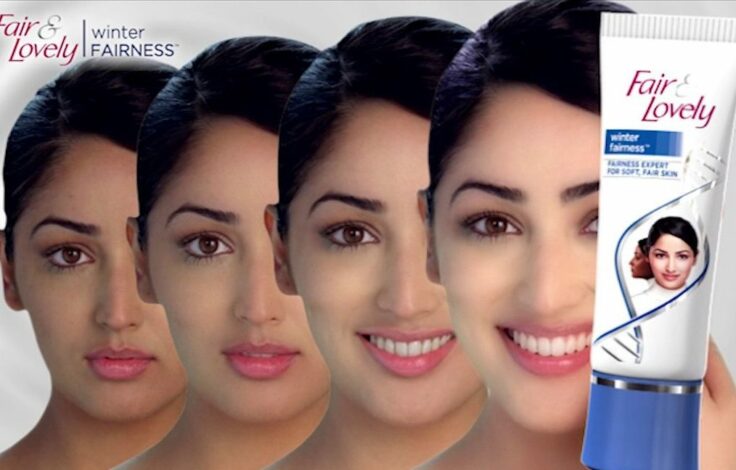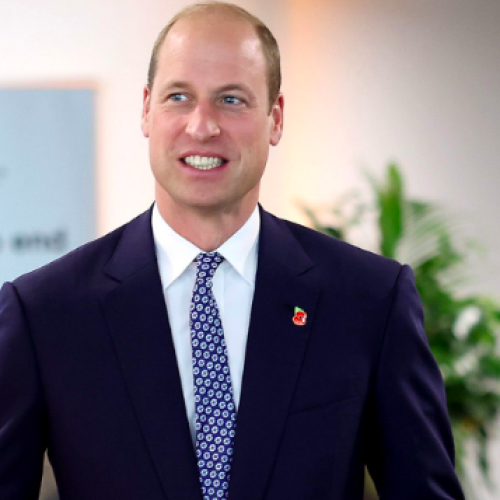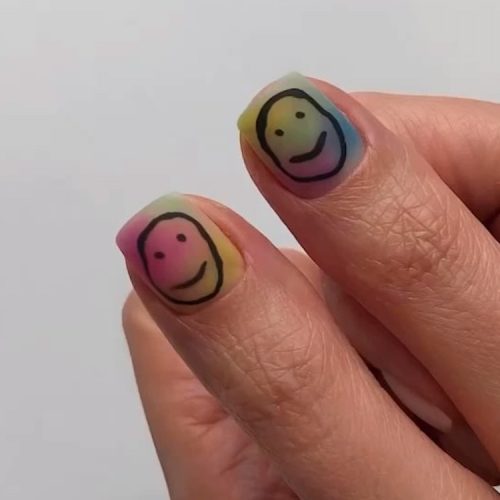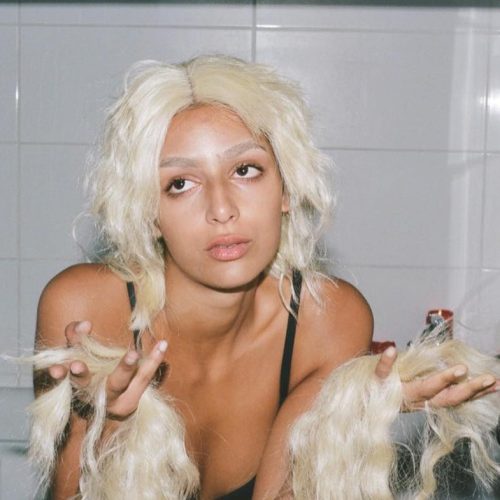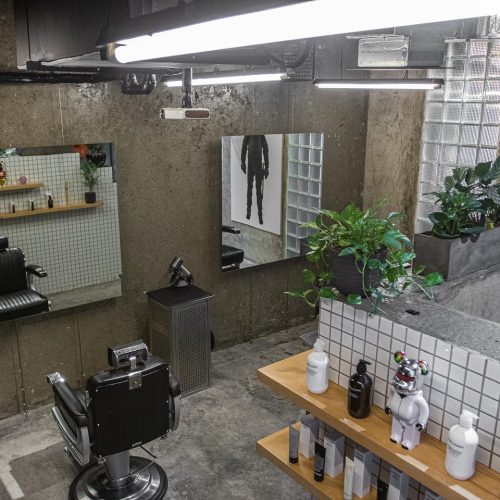The Black Lives Matter movement has gone global. Although pleas to defund American police forces has yet to bear fruit, BLM has managed to expose the far-reaching hands of corporations, and their role in perpetuating racist practices in the global south.
Last week, the movement’s influence overtook American conglomerate Johnson & Johnson, which pulled its skin whitening products from Asian markets. Now, the global discourse on racism has left Unilever, the company behind popular skin whitening brand Fair & Lovely, inclined to make a problem-solving move. Their solution? Renaming the product.
“We recognise that the use of the words ‘fair’, ‘white’ and ‘light’ suggest a singular ideal of beauty that we do not think is right, and we want to address this,” said Sunny Jain, a company executive, in a statement from the brand. “As we are evolving the way we communicate the skin benefits of our products that deliver radiant and even-tone skin, it’s also important to change the language we use.”
The move comes two weeks after almost 14,000 people signed a petition calling for the halt of production and sale of Fair & Lovely products. “This product has built upon, perpetuated and benefited from internalized racism and promotes anti-blackness sentiments amongst all its consumers,” read the petition, which was addressed to Alan Jope, Unilever’s CEO. “Colourism, discrimination based on the colour of your skin, is a direct by-product of racism affecting millions of people today, that fairness creams such as Fair & Lovely continue to advance.”
This is not the first time Fair & Lovely has faced backlash for its practices. The brand has been a staple in Asian markets for decades, having first hit shelves in 1975 thanks to creating and patenting a melanin suppressor (the cream’s main active ingredient) in 1971). The company has borne the brunt of controversy since the product’s inception but has continued to prevail regardless.
Since its founding, Fair & Lovely has grown to become one of Hindustan Unilever’s (the Indian arm of Unilever) most successful products. It was sold in nearly every store and marketplace, positioning itself as a must-have for many South Asian and Middle Eastern women. Its grip on dark-skinned women was tightened further through the brand’s marketing campaigns.
In India, some of Bollywood’s most famous actors and celebrities endorsed the product (Yami Gautam, Virat Kohli and Sidharth Malhotra to name a few), in advertisements that were anything but shy about colourism. The same ads made their way to the Middle East and North Africa too.
Ask any Arab, African or South Asian and they’ll attest to Fair & Lovely’s widespread presence. To put it simply: it’s the McDonalds of the skin whitening industry. And now, against the backdrop of the Black Lives Matter movement, the company’s decision to drop the word ‘fair’, is simply not enough.
“We are making our skincare portfolio more inclusive and want to lead the celebration of a more diverse portrayal of beauty, said Sanjiv Mehda, chairman and managing director of Hindustan Unilever, when asked what pushed them to drop the name, in an interview with Business Standard. “In 2019, we removed the cameo with two faces as well as the shade guides from the packaging of Fair & Lovely, and the brand communication progressed from fairness to glow, which is a more holistic and inclusive measure of healthy skin.”
But is simply changing the packaging and language used in their marketing enough? Despite using the word ‘glow’ as a means to woke-wash its product, Unilever-patented melanin-suppressor Niacinamide remains the active ingredient in the product.
Niacinamide, which is also known as Vitamin B3, does carry some skin benefits; it’s been proven to treat acne, increase the production of collagen, and to be an effective hydrant. The ingredient is also used by some of your favourite brands, namely The Ordinary, Murad, and Glamglow, to name a few.
But skin benefits aside, the chemical has been strictly used, and marketed by Unilever for its skin-whitening properties. And like Johnson & Johnson, Unilever has profited off the idealization of European beauty standards, and ultimately, the internalized racism many South Asian, Arab, and African women suffer from. With their extremely successful colorism-perpetuating marketing, which has now spanned 45 years, Unilever is the force behind the gargantuan 13 billion dollar skin-whitening industry. So with that in mind, no, changing the name of the product will not undo 45 years of white-washing. Let’s start by banning the operation of skin-bleaching altogether.





